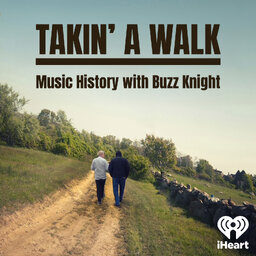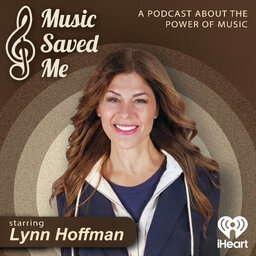"The Artistry of the Great Singer- Songwriter David Gray"-Music Legend Podcast
Join @thebuzzknight with the amazing singer-songwriter David Gray. From his breakout success of "White Ladder" to his newest introspective works, David shares the inside stories behind his creative process and how his music reflects life's complexities. David discusses themes of mortality, love and artistic evolution offering a unique conversation with one of music's true creative forces.
In 2 playlist(s)
Takin' A Walk - Music History with Buzz Knight
On the Takin’ A Walk-Music History Podcast, Buzz Knight goes deep with American music’s most iconic …Social links
Follow podcast
Recent clips
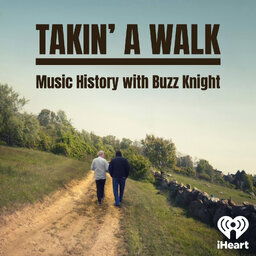
Buzz Knight Welcomes Alan Pepper and Billy Altman to Explore The Bottom Line's Legendary Music History Journey
44:27
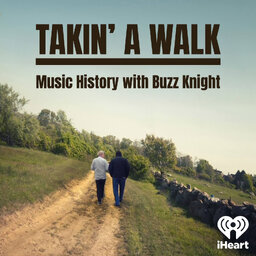
Join Buzz Knight and Seth MacFarlane on Takin’ a Walk to Discover the Magic of Sinatra's Lost Orchestral Arrangements-Replay
22:53
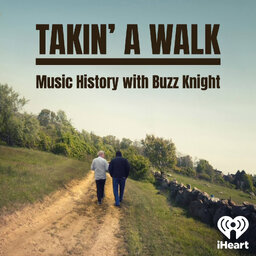
Buzz Knight Talks with Dan Mason about Music History, Leadership and The Future of Radio Broadcasting Today
46:17
 Takin' A Walk - Music History with Buzz Knight
Takin' A Walk - Music History with Buzz Knight